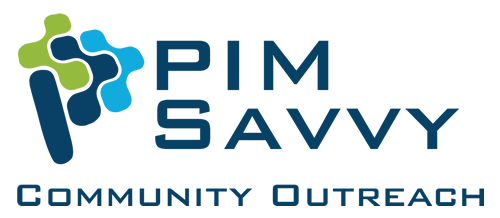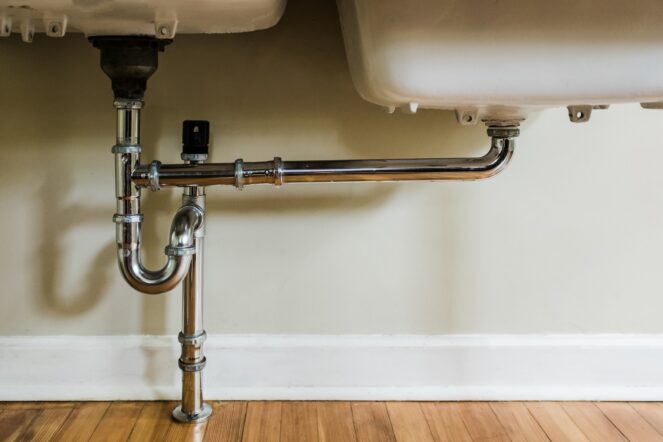At any given time, the Washington State Department of Labor & Industries (L&I) regulates more than 6,000 plumbers, 4,000 plumber trainees and 600 medical gas installers. Only L&I-certified plumbers can legally perform plumbing work on someone else’s property.
Before you can become a certified plumber, you have to become a plumber trainee first. All plumber trainees in Washington state must meet these minimum requirements (please see L&I Plumber trainee):
- Apply for a plumber trainee certificate
- Be 16 years of age or older
- Work under the proper supervision of a journey level or certified plumber
- Obtain the required number of years and hours of experience to qualify for the state plumber examination
- Acquire an electrical trainee card if the trainee is working in the Pump & Irrigation or Domestic Pump trade
- Take 8 hours of approved continuing education instruction yearly to renew their certificate
After you complete your plumber trainee program, you’re ready to take the plumber examination through L&I. Did you know there are seven different plumber certifications you can apply for? Journey Level Plumber, Medical Gas Piping Installer, Residential Plumber, Residential Service Plumber, Pump & Irrigation Plumber, Domestic Well Plumber, and Backflow Plumber. Each one of these certifications have distinct requirements and specific limitations. Please see Plumber Certifications on the L&I website.
Continue reading to learn more about each type of plumber.
Journey Level Plumber (PL01)
Journey Level Plumbers are able to work in all phases of plumbing construction and must have four years or more (at least 8,000 hours) working as a plumber trainee under the supervision of a certified Journey Level Plumber. Of these four years, two years or more (at least 4,000 hours) must be spent working in commercial or industrial installations.
Medical Gas Piping Installer (MG01)
Medical Gas Piping Installers are Journey Level Plumbers who are also qualified to work on medical gas piping systems that deliver oxygen, nitrous oxide, high-pressure nitrogen, medical compressed air, medical vacuum systems for hospitals, medical clinics, dentist offices, etc. In order to become a Medical Gas Piping Installer, completion of at least 32 hours of training in an L&I-approved medical gas training course is necessary.
Residential Plumber (PL02)
Residential Plumbers are limited to installation, maintenance, and repair of plumbing in single-family dwellings, duplexes, and apartment buildings which do not exceed three stories. These plumbers are required to have three years or more (at least 6,000 hours) under the supervision of a certified Residential or Journey Level Plumber.
Residential Service Plumbers (PL04)
Residential Service Plumbers have certain restrictions limiting them to single-family dwellings and/or duplexes, performing service work such as repair or replacement of existing fixtures, piping, and fittings that are outside the interior wall or above the floor Residential Service Plumbers are authorized to perform plumbing work for drain cleaning and leak repairs on any pipe, fitting, or fixture from the leak to the next serviceable connection. These plumbers need to acquire two years or more (at least 4,000 hours) working as a plumber trainee under the proper supervision of a Journey Level, Residential Specialty, or Residential Service certified plumber.
Pump & Irrigation Plumber (PL03)
Pump & Irrigation Plumbers are limited to installation, maintenance, and repair of equipment that is used to acquire, treat, store, or move water suitable for drinking or irrigation purposes. The mandatory experience for Pump & Irrigation Plumbers are two years or more (at least 4,000 hours) working in the specialty under the supervision of an appropriate certified plumber (excluding PL03A and PL30). Don’t forget, Pump & Irrigation Plumbers must get an electrical certification as well.
Domestic Well Plumber (PL03A)
Domestic Well Plumbers are limited to installation, maintenance, and repair of equipment that is used to acquire, treat, store, or move drinking or irrigation water using a pump not exceeding 100 gallons per minute or 7.5 horsepower, single phase. To qualify as a Domestic Well Plumber, you need one year or more (at least 2,000 hours) working in the specialty under the supervision of a certified plumber, (excluding PL30). Just like the Pump & Irrigation Plumbers, Domestic Well Plumbers must have an electrical certification too.
Backflow Plumber
Backflow Plumbers are limited to maintenance and repair of existing backflow prevention assemblies within a building. It does not include installing or replacing backflow prevention assemblies. The prerequisite for becoming a Backflow Plumber is to attain an active BAT certification (Backflow Assembly Tester Certification) which is issued by the Washington State Department of Health.
L&I certifies plumbing professionals to ensure they meet state requirements to provide safe plumbing to the public. When you are ready to take the Plumbers Certification exam, you should have your affidavits and continuing education already in the system ready to go, as both are required to be completed yearly at the time of renewal. You can verify your hours online using L&I’s Verify tool (Lni.wa.gov/verify). The Plumber Certification exams are administered by PSI. For more details about the exam visit PSI Plumbing Examinations Candidate Information. The application cost and exam fee are both paid to L&I. Please note, the $189.80 exam fee is non-refundable. If you have any other questions about the Washington state Plumber’s Exam, go to the Plumber Examination page on the L&I page.
For more information:
L&I Contact Information:
Email: Plumbers@Lni.wa.gov
Phone: 360-902-5207
![]()

